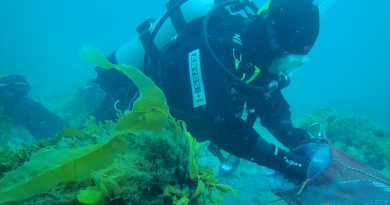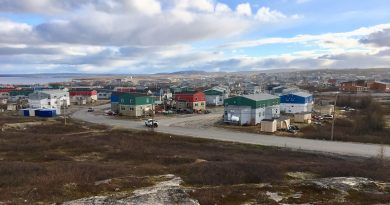Canadian First Nation waiting to flip the switch on new solar array in Yukon
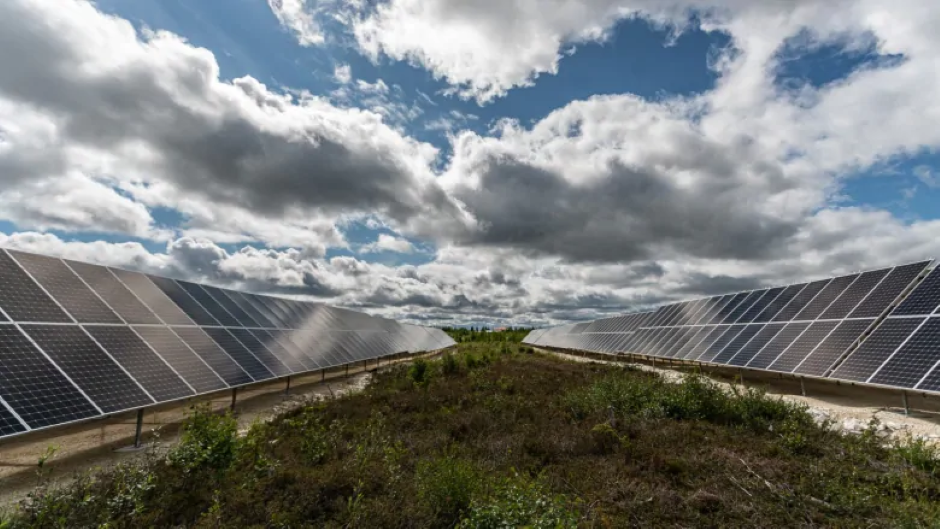
Building a solar farm 127 kilometres north of the Arctic Circle is a challenge; building an array of solar panels on permafrost in a remote community is a small engineering feat.
The Vuntut Gwitchin First Nation in Old Crow, Yukon, is getting ready for phase one of a project that will see solar power running to the community’s grid by the end of the summer.
ATCO Electric owns the diesel power grid run by diesel generators. It will buy the solar energy, feed it into the power grid, and redistribute it to the community. But the process has taken longer than expected because of the COVID-19 pandemic.
Tizya-Tramm said the pandemic has limited the number of contractors and experts they can draw on from across Canada and beyond, so they’re going to complete the project over three phases.
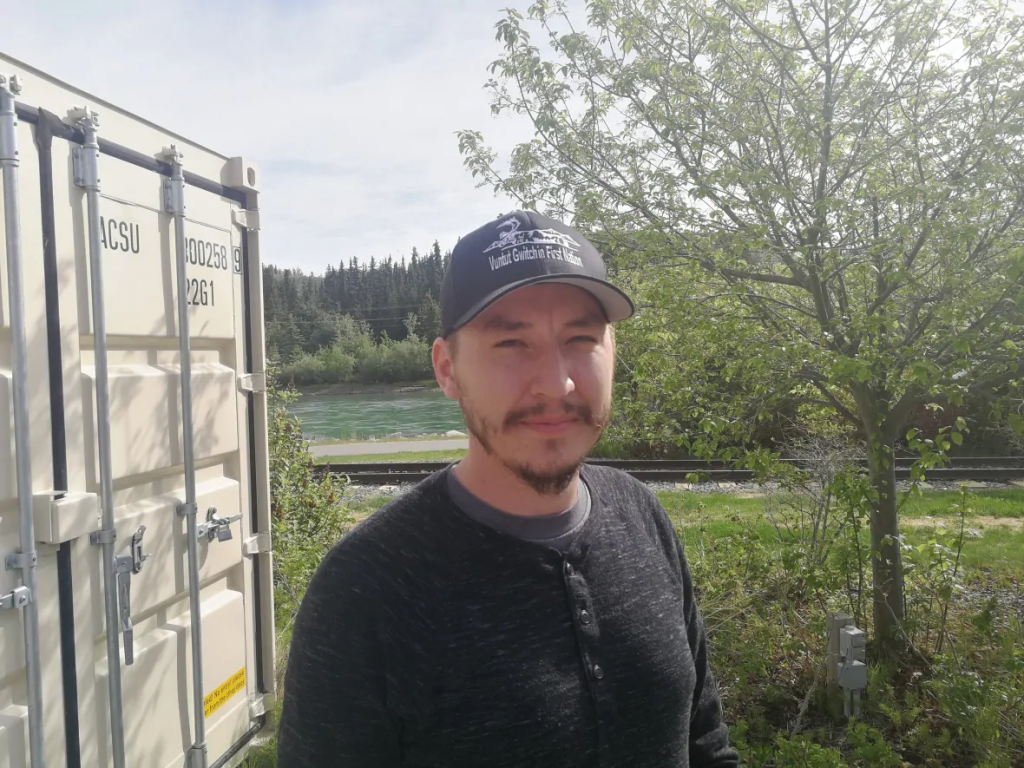
The small community will have to wait for full phase three until next summer, when a Hercules aircraft will deliver the storage batteries.
“It’s the size of a shipping container full of lithium-ion batteries — several Tesla roadsters worth of batteries,” said Ben Power, vice president and co-founder of Whitehorse-based Solvest Inc., which installed the solar panel array.
When it’s done, the solar panels are expected to reduce the community’s reliance on diesel fuel by 189,000 litres a year, the First Nation said. Tizya-Tramm says once in operation the solar project could save the community as much as a quarter million dollars a year, by not having to use as much diesel fuel.
He says it’s not cheap having to fly-in fuel to the community, which has no outside road system.
The project is jointly funded by several federal programs, the Canadian Northern Economic Agency, and the Yukon Development Corporation.
Adjustable feet for permafrost
The solar panels are configured in an east to west orientation to maximize the long summer days. Permafrost has been a problem since the beginning of the project.
“The movement and heaving with the solar panels project was something we had known about since the onset of the program,” said Tizya-Tramm.
“This project has been engineered with this expectation, as it’s one of the barriers we faced in construction 80 miles north of the Arctic Circle.”
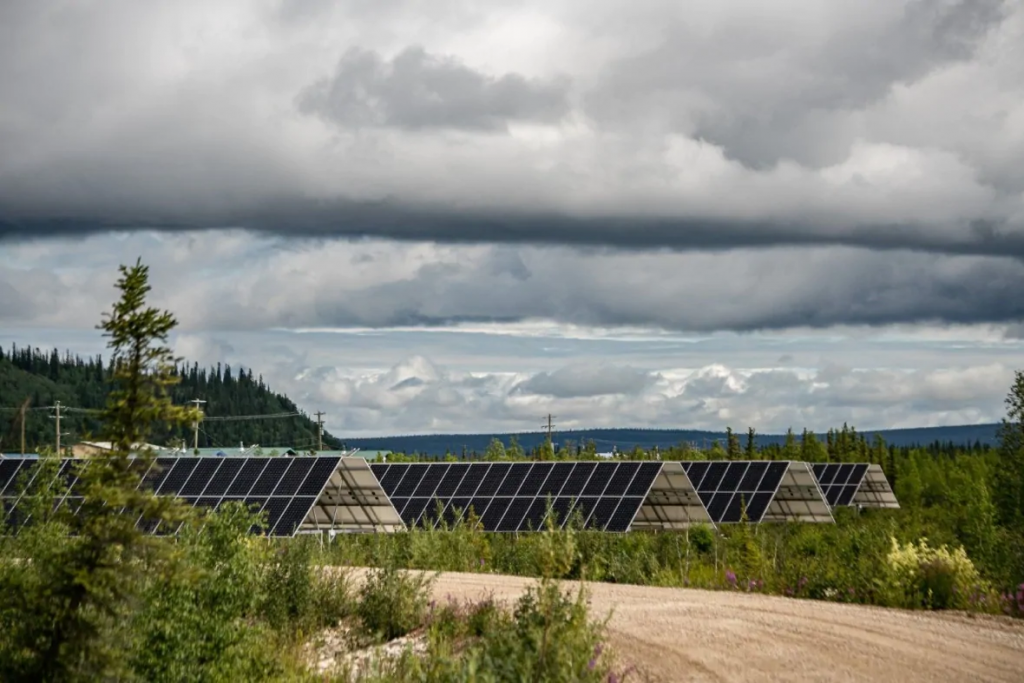
He says there are height-adjustable feet built into the array with more than two feet of flexibility, and there will be adjustments made every year.
“Most of the changes and fluctuations in the permafrost are expected at the beginning of the project but it will settle over time.”
The Vuntut Gwitchin First Nation says the solar project will be one of the largest generation projects across the Circumpolar North.
The First Nation will own and operate the solar project, in a 25-year purchase agreement with ATCO Electric and the Yukon Government.
Tizya-Tramm says if all goes well, the community will flip the switch next summer to green energy.
Related stories from around the North:
Canada: Company promises $2.1M solar project in Canada’s Yukon territory, CBC News
Finland: Few Finns willing to make sacrifices alone for climate, poll finds, Yle News
Norway: Unfazed by youth climate protests, Norwegian gov expands Arctic drilling, The Independent Barents Observer
Russia: Norilsk, Arctic Russia is world’s largest sulfur dioxide emissions hotspot: report, The Independent Barents Observer
Sweden: Local councils in Sweden more interested in climate change preparedness, Radio Sweden
United States: Alaska remote diesel generators win exemption from pollution rule, Alaska Public Media

